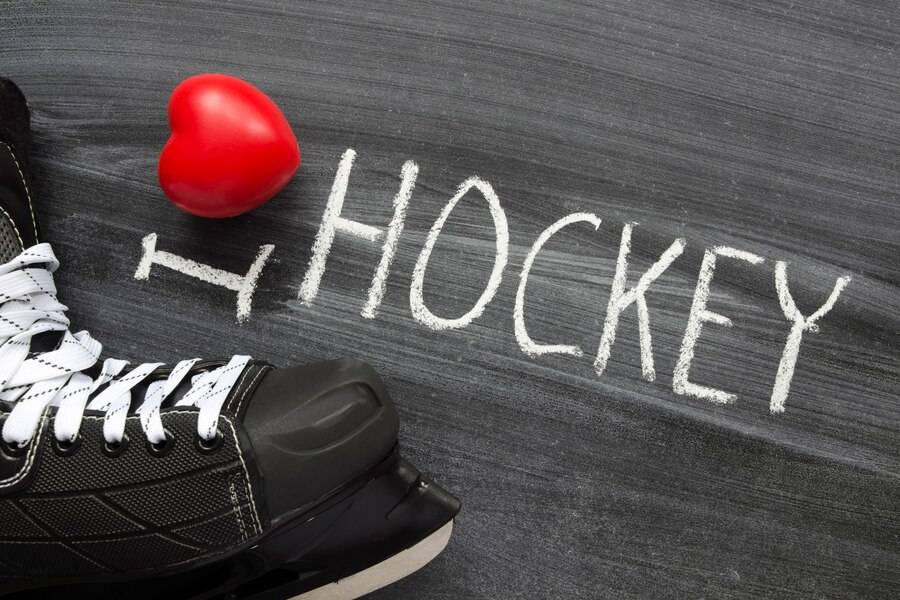As a senior hockey player, I know firsthand the importance of having the right gear when you’re just starting out. Hockey is a fast-paced, physically demanding sport that requires a significant investment in equipment to ensure your safety and performance on the ice.
Protective Equipment
Your safety should always be the top priority when playing hockey. Investing in high-quality protective equipment is crucial to minimize the risk of injury and give you the confidence to play your best.
Helmet
A hockey helmet is the most important piece of protective equipment. It should fit snugly and comfortably, with no room for movement. Look for helmets with:
- HECC certification
- Adjustable chin straps
- Adequate ventilation
- Compatibility with a cage or visor
Shoulder Pads
Shoulder pads protect your chest, shoulders, and upper back from impact. They should fit comfortably without restricting your movement. Key features to consider:
- Lightweight, flexible construction
- Adjustable straps for a secure fit
- Adequate coverage of the chest and shoulders
- Ventilation for breathability
Elbow Pads
Elbow pads shield your elbows and forearms from slashes and impacts. Look for pads with:
- A snug, comfortable fit
- Hard plastic caps for maximum protection
- Soft, flexible inner lining for comfort
- Adjustable straps for a secure fit
Gloves
Hockey gloves protect your hands and wrists from slashes and impacts while providing grip and control. Consider gloves with:
- Reinforced palms and fingers for durability
- Adequate padding on the back of the hand
- A comfortable, snug fit
- Ventilation for breathability
Shin Guards
Shin guards protect your shins, knees, and calves from pucks, sticks, and skates. Key features to look for:
- Hard plastic shell for maximum protection
- Comfortable, moisture-wicking liner
- Adjustable straps for a secure fit
- Adequate coverage from knee to ankle
Pants
Hockey pants, also known as breezes, protect your hips, thighs, and tailbone.
- Reinforced padding in key impact areas
- Adjustable waist for a secure fit
- Ventilation for breathability
- Durable construction for longevity
Protective Cup
A protective cup is essential for male hockey players to shield the groin area from impact. Make sure to choose a cup that fits comfortably and stays securely in place.
Skates
Hockey skates are your most important piece of equipment, as they directly impact your performance on the ice. Investing in a quality pair of skates that fit well is crucial.
Factors to Consider When Choosing Skates
FactorDescription
Fit Skates should fit snugly, with no room for movement in the heel or ankle.
Stiffness Beginners may prefer softer boots for comfort, while advanced players opt for stiffer boots for responsive performance.
Blade Radius A longer blade radius provides more stability, while a shorter radius offers greater agility.
Blade Profile: Choose a blade profile that suits your skating style and position.
Skate Maintenance Tips
- Sharpen your skates regularly to maintain blade edges
- Store your skates in a cool, dry place with guards on the blades
Stick
Your hockey stick is your primary tool for puck handling, passing, and shooting. Choosing the right stick is essential for developing proper technique and optimizing your performance.
Factors to Consider When Choosing a Stick
FactorDescription
Length: Your stick should reach between your chin and nose when standing on skates.
Flex Beginners may prefer a lower flex for easier bending, while advanced players opt for a higher flex for powerful shots.
Blade Pattern: Choose a blade pattern that suits your shooting style and position.
Material Composite sticks offer the best performance, while wood sticks are more affordable.
Stick Handling Tips
- Practice basic stick-handling drills to develop puck control
- Keep your top hand positioned near the top of the stick for maximum control
- Use your wrists to generate power and accuracy in your shots
Accessories
In addition to the core equipment, there are several accessories that can enhance your comfort, safety, and performance on the ice.
Neck Guard
A neck guard shields your throat from sharp skate blades and flying pucks. It needs to fit securely and comfortably, allowing you to move freely without any restrictions.
Mouthguard
A mouthguard helps protect your teeth, gums, and jaw from impact. Choose a mouthguard that fits comfortably and allows for easy breathing and communication.
Tape
Hockey tape is used to improve grip on your stick and provide added protection. Tape should be used on the blade and the top of the shaft for optimal performance.
Skate Guards
Skate guards protect your blades when walking off the ice. They help prevent dulling and damage to the blades.
Hockey Bag
A hockey bag is essential for transporting and organizing your gear. Look for a bag with ample space, multiple compartments, and durable construction.
Clothing
Wearing the right clothing under your equipment can greatly impact your comfort and performance on the ice.
Base Layer
A moisture-wicking base layer helps keep you dry and comfortable by pulling sweat away from your skin. Choose a base layer that fits snugly without restricting movement.
Socks
Hockey socks are worn over your shin guards and should extend up to your knee. Look for socks that are lightweight, moisture-wicking, and durable.
Jersey
Your hockey jersey should fit comfortably over your equipment and allow for a full range of motion. Choose a jersey that represents your team or favorite player.
Where to Buy Hockey Gear
When purchasing hockey gear, it’s essential to shop at reputable retailers that offer a wide selection of high-quality equipment. Here are some options to consider:
Local Hockey Shops
Supporting your local hockey shop is a great way to get expert advice and personalized service. These shops often have knowledgeable staff who can help you find the right gear for your needs.
Online Retailers
Online retailers like Repelis24, Pure Hockey, and Ice Warehouse offer a vast selection of hockey gear at competitive prices. Be sure to read product reviews and sizing charts before making a purchase.
Used Gear
Buying used gear can be a cost-effective option for new players. Check local classifieds, hockey forums, and second-hand sports equipment stores for deals. Always inspect used gear thoroughly before purchasing to ensure it’s in good condition.
Tips for New Hockey Players
As you on your hockey journey, keep these tips in mind:
- Practice fundamental skills like skating, stick handling, and shooting
- Join a beginner’s hockey league or take lessons to improve your skills
- Always warm up before playing to prevent injuries
- Communicate with your teammates and have fun on the ice
Conclusion
Starting your hockey journey is an exciting adventure that requires the right gear to ensure your safety, comfort, and performance on the ice. By investing in essential equipment like skates, sticks, and protective gear, you’ll be well-prepared to tackle the challenges and joys of the sport.
Don’t get discouraged if you don’t see immediate results – every hockey player starts as a beginner. With persistence, a positive attitude, and the right gear, you’ll be well on your way to becoming a skilled and confident player.
As a senior hockey player, I can attest to the lifelong benefits of this incredible sport. The camaraderie, physical fitness, and mental resilience you’ll develop through playing hockey will serve you well both on and off the ice. So gear up, hit the rink, and the exhilarating world of hockey – you won’t regret it!
No Fields Found.





